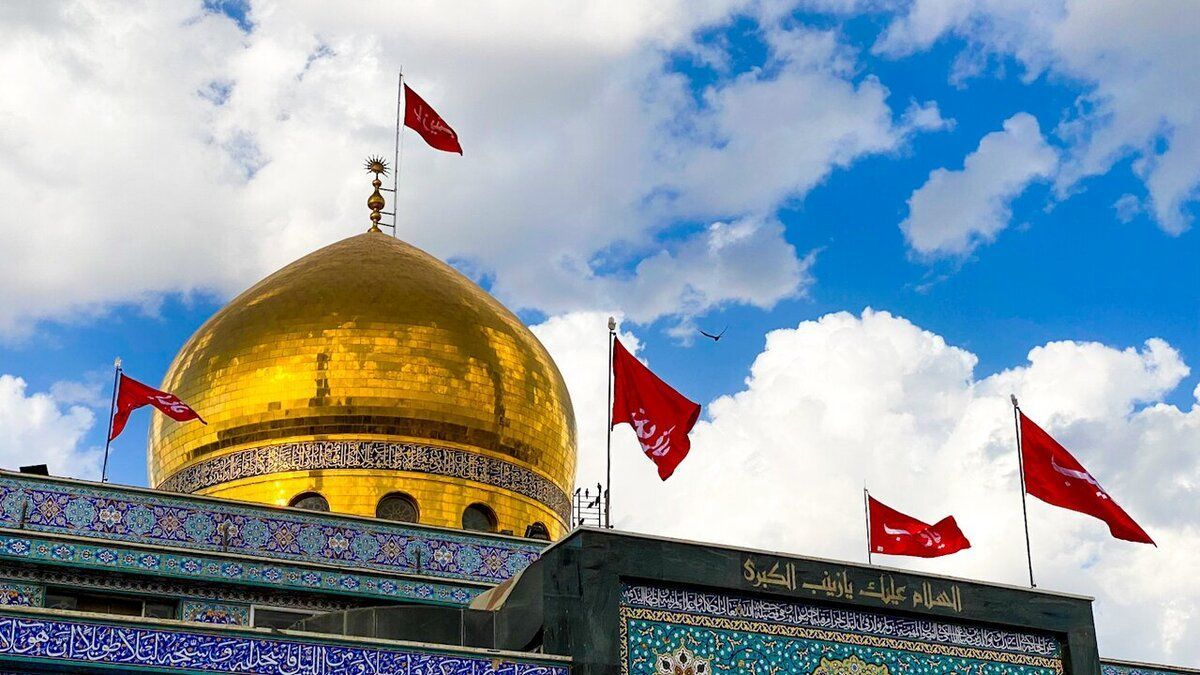Syrian women’s resistance is a story of courage under fire, a struggle for survival and dignity in a land ravaged by conflict. Their stories, often untold, go far beyond the recent headlines about dress codes, revealing a complex reality of resilience in the face of immense challenges.
✍| By Ms. Fateme Ghasemi
The recent focus on Syrian women has centered on a statement by the Hayat Tahrir al-Sham (HTS) terrorist group regarding a ban on mandatory veiling. This statement has generated significant media attention.
However, a deeper analysis reveals this media wave as part of a deliberate strategy to overshadow the genuine crises and fundamental issues facing Syrian women, diverting public opinion towards trivial matters.
The Media’s Distraction: A Veil Over the Real Crisis
During Bashar al-Assad’s rule, freedom of dress was an accepted reality in Syria, with women having complete autonomy in their clothing choices. Furthermore, HTS’s approach to freedom of dress is contradictory and openly contradicts the group’s official statements.
Reports indicate HTS members have reprimanded women for their clothing choices. Thus, claims about newfound freedom for Syrian women regarding dress are less a reflection of reality and more an attempt at media manipulation to highlight secondary issues.
This manipulation distracts from the deeper crises faced by Syrian women, such as violence, displacement, captivity, and disappearances. What demands attention is the plight of women disappearing amidst Israeli aggression and internal conflicts, largely ignored by the world.
The West’s Selective Focus: Ignoring the Real Atrocities
A Syrian journalist describes the current situation: “For the first time in my life, in central Damascus, HTS members asked me about my religion: Am I Alawite, Christian, Druze, or Shia? After some investigation, I learned that anyone Shia or Alawite is taken to an unknown location outside the city. The situation is very suspicious, and numerous reports indicate the disappearance of girls and women, more so than men.”
These reports clearly indicate the disappearances of Shia and Alawite women as a serious and alarming crisis demanding immediate action from the international community, journalists, and human rights advocates.
Yet, Western feminists, who constantly claim to support women’s rights, shy away from addressing these atrocities. Instead, they highlight issues like freedom of dress and the concerns of LGBTQ+ activists, as if these are the primary concerns of women whose homeland and families are under occupation.

The Unsung Heroes of Syria
This pattern is familiar: the instrumental use of women’s issues to advance political and ideological agendas.
Consequently, the real crises faced by women remain in the shadows, pushing them further to the margins. However, such scenarios cannot diminish the resilience and resistance of Syrian women.
Amidst war, chaos, and unrest, these women resist not only violence and aggression but also deliberate attempts to erase their religious and cultural identity.
As the Supreme Leader of Iran stated, emphasizing the importance of resistance against Israeli aggression: “The powers of arrogance believe that with the fall of the Syrian government, the resistance front will be weakened, but they are mistaken; because they fundamentally do not understand the concept of resistance.“
Syrian Women at the Forefront
Syrian women, at the forefront of this resistance, are a tangible example of this truth.
Their struggle and resistance against aggression and oppression are evident in recently released videos showing HTS members killing a man in the street; his wife bravely embraces his head, attempting to rescue him from his attackers.
Reports also detail the armed resistance of Syrian Kurdish women against HTS terrorists, fighting until their capture. In northwestern Syria, women protested against HTS leader Abu Muhammad al-Julani, demanding an end to the group’s control over their areas.
Just as Syrian women previously became symbols of resistance through their roles in liberating and rebuilding cities like Raqqa and Deir ez-Zor, their clandestine protests, civil resistance, and enduring captivity and hardships during the war, they remain at the heart of the resistance, presenting a different image than the one portrayed by the West.
Syrian women are far from silent victims; they are, and will remain, powerful symbols of resilience, awareness, and indomitable will.
From: javanonline


